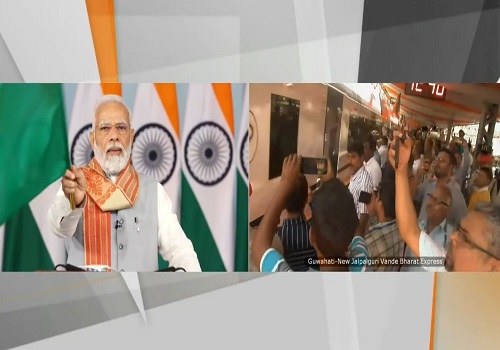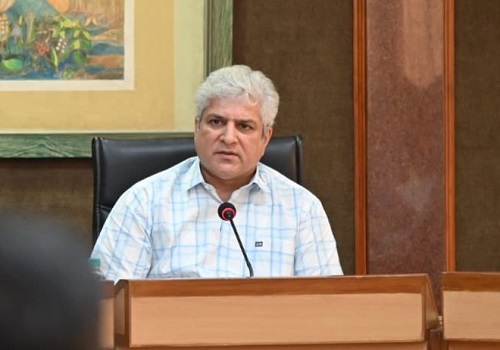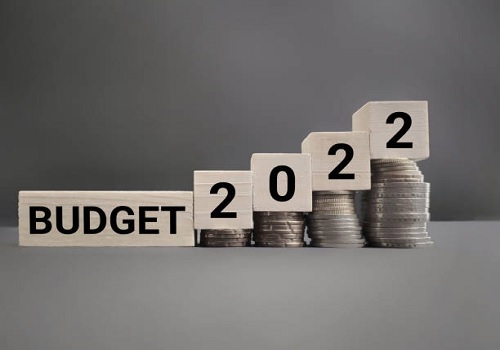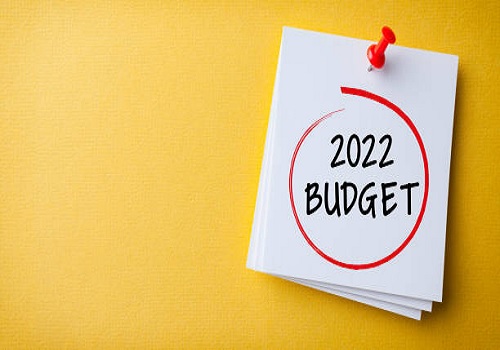Burgeoning fiscal deficit will be a challenge for government in FY 2023-24
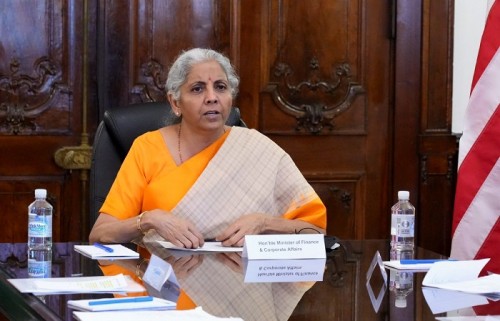
Follow us Now on Telegram ! Get daily 10 - 12 important updates on Business, Finance and Investment. Join our Telegram Channel
With the next financial year (2023-24) just a quarter away, India will need to do a tight ropewalk to check its burgeoning fiscal deficit and current account deficit.
India's fiscal deficit widened to Rs 9.78 lakh crore for the April-November period of 2022-23, which is 58.9 per cent of the Budget target of Rs 16.61 lakh crore for the current fiscal, according to data released by the Controller General of Accounts (CGA) on Friday. During the corresponding period of last year, fiscal deficit was at 46. 2 per cent of the Budget target.
Fiscal deficit till October in the current financial year had touched Rs 7.58 lakh crore, or 45.6 per cent of annual estimates, as per the official data. During the corresponding period of last year, it was 36.3 per cent of the budget estimates of 2021-22.
A fiscal deficit is a difference between the state's revenue and spending. It shows the shortfall in revenue.
With continuous rise in India's fiscal deficit, economists are of the view that if the fiscal deficit continues to widen in 2023-24, it will further push interest rates up, which will hurt the private sector and put pressure on the government's ability to invest in infrastructure.
They say that India's current account deficit will also need huge foreign investments in the coming days to compensate for the shortfall in domestic savings.
However, with India's current account deficit also surging to an all-time high of $36.4 billion in the July-September period of 2022-23, it may diminish India's appeal as a global investment destination and also push capital costs, they added.
While presenting the Union Budget for 2022-23 on February 1, 2022, Finance Minister Nirmala Sitharaman had set a fiscal deficit target at 6.4 per cent of GDP for 2022-23, compared to 6.7 per cent in the previous financial year of 2021-22.
For 2022-23, the fiscal deficit is estimated to be Rs 16.61 lakh crore or 6.4 per cent of the GDP.
However, the target seems to be an ambitious one, looking at the current economic scenario prevailing in the country as well as the latest figures.
According to a report by SBI's research team, India's fiscal deficit in the current fiscal is expected to be in the range of 6.5 per cent, as against the budget estimate of 6.4 per cent.
Fiscal deficit for the first quarter of the current financial year reached 21.2 per cent of the annual target, compared to 18.2 per cent in the corresponding period of last year, the SBI report said.
Tax revenue has been robust with record high GST revenues which have been possible because of increased compliance and higher economic activity.
However, the SBI report noted that on the expenditure side, the government has incurred higher capital expenditure (23.4 per cent of budgetary estimates in 2022-23 compared to 20.1 per cent of budgetary estimates during the same period in 2021-22).
In the past few fiscals too, the picture has not been exactly rosy, if one goes by RBI's figures.
RBI has said that the gross fiscal deficit of the Indian states rose nearly 79 per cent after the lockdown. According to its latest data, the fiscal deficit rose from Rs 5 lakh crore in 2019-20 to Rs 9.3 lakh crore in 2020-21. In 2021-22, the deficit fell to Rs 8.1 lakh crore but stood much higher than the pre-pandemic level.
The data released in RBI's Handbook of Statistics on the Indian states showed that except Arunachal Pradesh, Haryana, Sikkim and Odisha, all the states saw a higher fiscal deficit in 2020-21 as compared to 2019-20.
In the case of the Central government, the fiscal deficit jumped from 4.6 per cent in 2019-20 to 9.3 per cent of the GDP in 2020-21.
Amid a tough fiscal scenario, keeping fiscal deficit and current account deficit in check would be no cakewalk for the government in the new year.


















